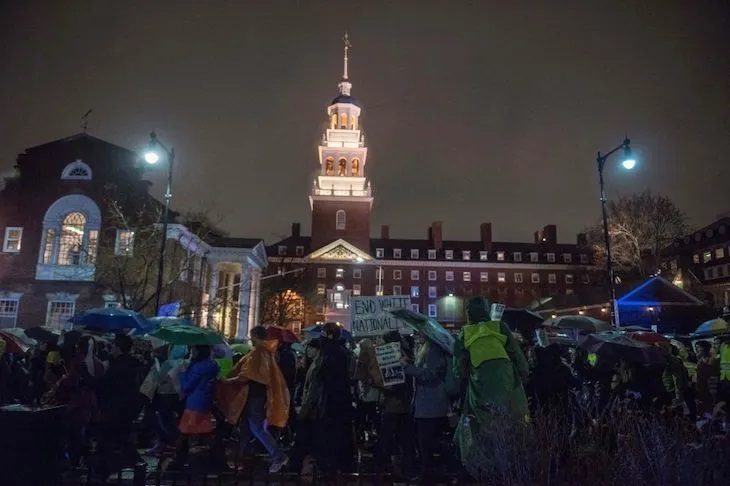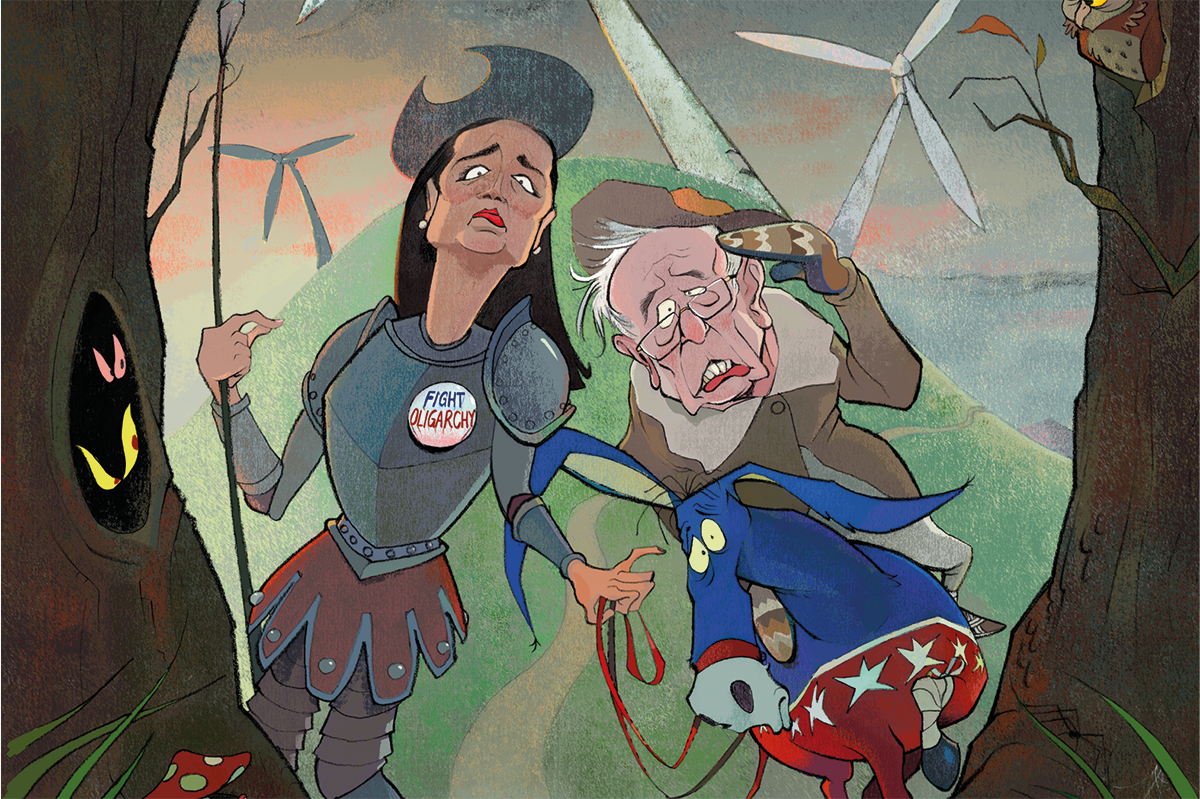Harvard, consistently ranked as one of the world’s best universities, has just been rated the worst for free speech in the United States. The Foundation for Individual Rights and Expression (FIRE), which compiled the rankings, described the state of free speech at Harvard as “abysmal.”
This news is surprising, since in April over fifty Harvard academics formed a Council on Academic Freedom dedicated, in its words, “to promoting free enquiry, intellectual diversity and civil discourse” on campus. The Council’s formation marked a milestone in official recognition of the problem of free speech, mainly for conservative professors. The psychologist Steven Pinker and Lawrence H. Summers, former advisor to President Clinton, are both members. So why does Harvard’s reputation continue to decline?
Having just finished a year at Harvard, I would say there’s a fairly simple explanation. It is misleading to speak of a free speech problem when Harvard doesn’t really need free speech in the first place. The purpose of America’s elite universities, for decades, has been to serve as hitching posts for the elite. Most people are there to climb the ladder and get a well-paid job. Once you understand this, you can see why a university which professes to champion enquiry, tolerance and diversity ends up doing the exact opposite.
The purpose of America’s elite universities, for decades, has been to serve as hitching posts for the elite
For starters, Harvard’s student body remains stubbornly homogeneous. Ten percent of graduating seniors identify as conservative, versus 70 percent liberal. Diversity of race and gender have improved — but these are relatively easy to achieve when affirmative action privileges wealthy black students, and girls outperform boys at high school.
Diversity of class, though, is harder to achieve. One in four students come from America’s top 10 percent richest households, about as many as come from America’s bottom 50 percent.
Put another way, Harvard’s student body is not only elite, but elitist. A few right-wing provocateurs at the Republican Club notwithstanding, the scope for genuine disagreement on political and moral issues is narrow. There is no need for “free speech” when most people on campus share a basic worldview.
If Harvard’s faculty had the authority to force their students to think differently on contentious issues, things might be different. But the institution would prefer to keep admissions rates and satisfaction levels high than impose anything so threatening as pedagogy on its students.
A class I took last fall, in music composition, ended in bitterness when one student charged our professor with, among other crimes, describing Nina Simone as “angry” (he was showing us her song, “Revolution”). What surprised me was our poor professor’s resignation: to the petulant and untrue suggestion that he was racist; to the mutiny of his own teaching assistant, who encouraged us to make a formal complaint if we felt sufficiently distressed; and to the remarks that would inevitably be made about him on the Harvard-wide student survey once class was over.
Students are expected to direct not only what they are taught, and how, but how they are rewarded for it too. Grade inflation is a universal problem, but the “Harvard A” is an inside joke, given how many students seem to get one. Those in charge can do little about it: students simply avoid the classes that are too difficult, punishing professors in turn.
The truth is that when higher education has eroded, year after year, until it is little more than a theatre for entitled elites — a way-stop before lucrative careers in finance, consulting and medicine — there really is no need to defend something so antiquated as ideological diversity. Upstanding faculty members can preach veritas, Harvard’s motto, all they like. But the truth is, Harvard doesn’t really need free speech.
This article was originally published on The Spectator’s UK website.

























